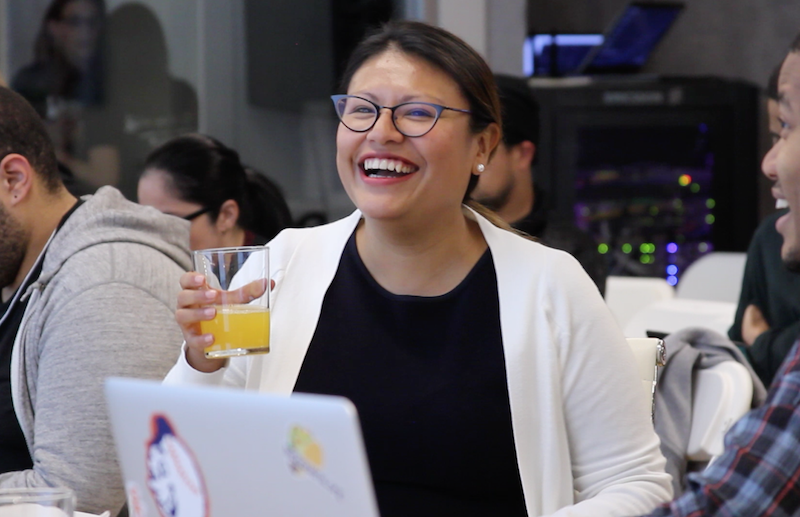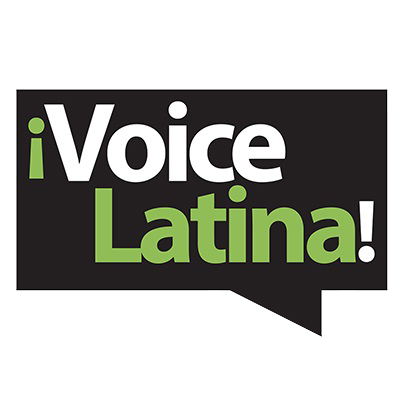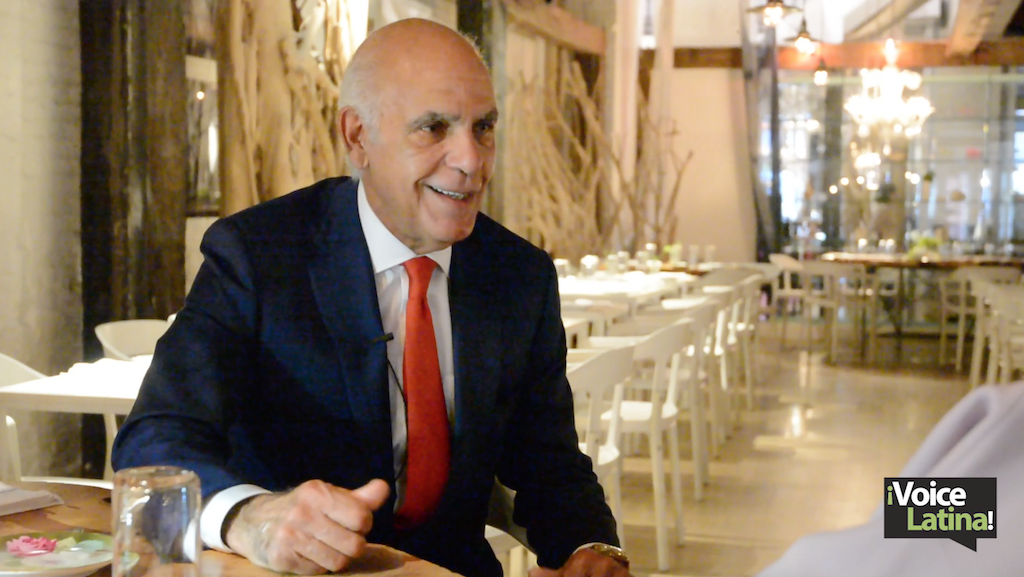
What every Latinx entrepreneur should know.
Latinx-owned businesses would rather use personal funds, either from their personal savings or close acquaintances, than external sources such as venture capital, according to Stanford Graduate School of Business’ State of Latino Entrepreneurship report last year. Between 2007 and 2012, nearly one percent of an estimated 1,800 U.S. Latinx-owned businesses received venture capital or angel investments. Carolina Huaranca, a principal at Kapor Capital, shared her experience as a venture capitalist (VC) and spoke about the challenges and areas of improvement for Latinx entrepreneurs.
Carolina Huaranca (CH): There are a lot of positives to being a Latina VC. I’m a principal at Kapor Capital. So, “principal” is a fancier way to say “venture capital investor” and usually it’s one below what’s considered a partner role. And my responsibilities are sourcing, which means finding companies that are at an early stage and fit within our investment thesis, which is to close gaps of opportunity and access for underrepresented communities of color and women. The other piece is actually doing research on the company and having a recommendation so I can put it in front of our partners and then, together, we can come up with whether we’re going to invest or not in the company.
CH: I am able to attract what I call “proprietary deal flow.” Often, different types of deals that would normally not come to me, so, one of the initiatives that I started was something called a “Startup Weekend” focused on Latinx in tech. The idea being we would identify more Latinx entrepreneurs that eventually get to the point where they can raise seed stage capital and come to Kapor Capital. I think that’s been a benefit because I’m able to get with a community where most traditional investors don’t look like me so they’re not attracting that community, so that’s one positive.
CH: In terms of areas of improvement or challenges: the realities is that there are still biases in the system. One of my colleagues and partner at our fund just wrote a book called “Reset,” which everyone should read, by Ellen Pao. There’s a section in it talking about my experience in venture. One incident where I actually was in a room of VCs and someone said they didn’t believe I was an investor and actually pointed me to another room, so, I think those are things that unfortunately exist in the reality and we need to do a better job of therefore creating a more inclusive and diverse venture ecosystem.
CH: From my personal experience being on the other side of the table because one thing that is important to note is I actually was a founder myself, so I kind of now see both sides of the table, and in that experience, what I realized even though I, myself, have what’s called “good pedigree” – I went to two ivy league universities – there was a disconnect of information that I had and there were also networks that I didn’t have and I would say the biggest thing that I encounter with a lot of Latinx founders is right now folks, or many folks even as first-time founders, don’t understand what it means to be a venture-backable business. To get VC money, you have to be able to be in markets, market sizes that are in the billions of dollars and often what happens [is] people reach out to me, they’re either too early, they don’t have a prototype or they’re in markets that are in the hundred-millions or 50-millions and, as a result, their business actually – even though it’s a good business – is not venture backable, it’s not attractive for a fund that needs to make 10-x, at least very, very, we’re investing in very, very high-growth businesses. So there’s that disconnect. And then I would say a lot of founders have startup experience working at companies already, so they’ve learned a lot and they know what to do and often what happens is many of our community often aren’t working at tech startups for whatever reason and many of the reasons are either they don’t know these opportunities exist for them or the reality in many communities is that it is risky to take a job that isn’t paying you. There’s a lot of risk, and I think overall, and I’ll generalize, that our community is going for kind of more of the brand names, the more established roles but not necessarily thinking high-growth-tech startups, but as an investor, I feel very passionately about this because generational wealth will be created in technology and I don’t want our communities to be left behind.
CH: The Level Playing Field [Institute] was founded by Dr. Freada Kapor Klein who is actually one of the partners at the Kapor Center and also a partner at Kapor Capital, our venture capital firm. And the idea behind it is that we take talented students, mostly of color but probably coming from many underserved communities in terms of income and put them in fun and engaging STEM curriculum at universities such as Berkeley, Stanford, Morehouse, but what I think is really great about that is these students are getting top-notch computer science classes, design thinking, electrical engineering classes, math classes that they normally would not get in their normal school, so the idea is to kind of level the playing field by getting them the best STEM education possible that you would get at a top prep or boarding school.








0 Comments